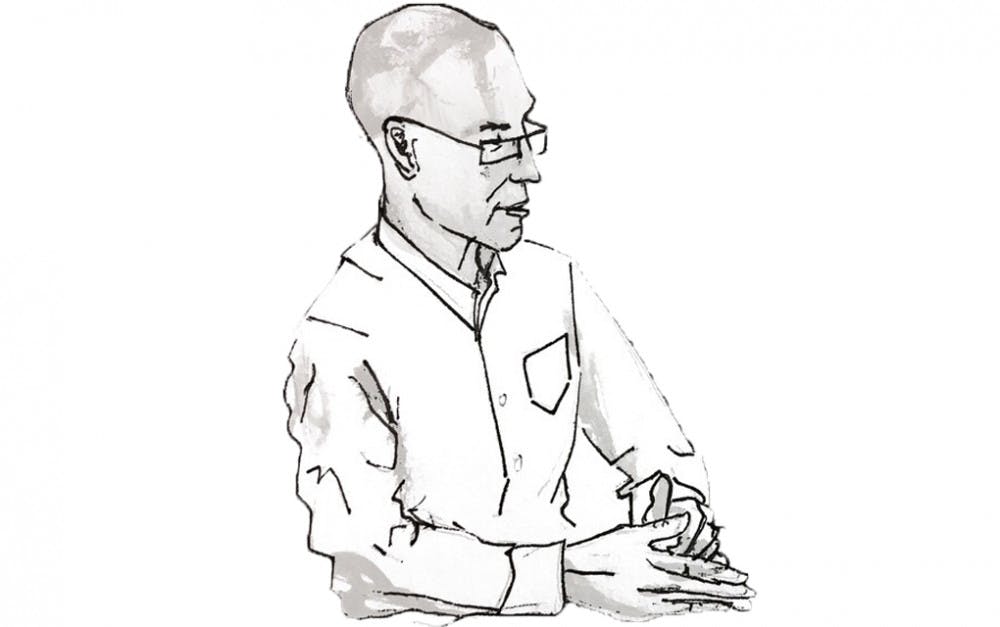Money is the “lifeblood of politics,” or so election observers have always said. The headlines about this year’s congressional races would seem to confirm that this maxim is truer today than ever. Media outlets report fundraising hauls as if congressional campaigns — and indeed, the future of the country — depended on them. Political scientists view matters differently, and although popular conceptions aren’t all wrong, they provide only part of the picture. Here are a few basic tenets of the campaign finance world, from the political scientists’ point of view.
Money doesn’t guarantee a win, but lack of money can guarantee a loss.
Of the top seven spenders in 2016 House races, three lost, even though they outspent their opponents by an average margin of more than three to one. In general, candidates try to raise and spend more money if they’re in trouble in the polls, but they inevitably discover that if they’re in a competitive race, no amount of spending suffices to make it non-competitive.
At the other extreme, candidates who spend next to nothing almost always lose. But they don’t have to match their opponents dollar-for-dollar to make it close. All they need is enough money to get their message out to voters. To be sure, this need for a significant baseline spending level ($1 million or more in a typical House race) still means that well-connected, wealthy people with elite backgrounds have advantages. But these advantages are not insurmountable.
A lesson for this year’s races: Don’t assume that success in fundraising automatically means success at the polls. And don’t assume that a candidate will lose just because he or she is being outspent.
Politicians aren’t (necessarily) bought and paid for.
A close look at who gives money to which campaigns can easily lead to the conclusion that politicians are corrupt. Top campaign contributors to members of the House Agriculture Committee include agribusiness interests, for example. (See OpenSecrets.org) The fact that in 2018 the Agriculture Committee approved a farm bill that pleased many agricultural lobbyists may appear, therefore, to be evidence of a quid pro quo.
But consider other explanations of Congressional behavior. Take longtime Agriculture Committee member Frank Lucas (R-OK). Lucas gets contributions from agriculture interests, but he also represents Oklahoma’s rural third district, where agriculture is a major employer. Furthermore, Lucas himself is a farmer with a degree in agricultural economics. Does he vote in favor of agriculture interests because of the contributions, because of his constituents, or because of his own background? It’s tough to tell — and this difficulty applies in some way to most members of Congress. This is why political scientists have a tough time determining whether contributions affect Congressional votes.
A lesson for this year’s races: It is implausible that in raising money now, politicians are making deals that will bind them later. Constituent interests — and their own preferences — will shape members’ choices in the Congress to come.
Tell me who you walk with and I will tell you who you are.
Just because it is difficult to say that moneyed interests affect members’ decisions does not mean that a candidate’s contributor list conveys no information. On the contrary, the Spanish proverb “Dime con quién andas, y te diré quién eres” (translated above) applies. Campaign finance reports can tell us a lot about who a candidate’s friends are because it is easiest to raise money from one’s closest friends and allies. (Think about it: if you had to run for office, who would you solicit for contributions first?)
In the Texas Senate race this year, for instance, OpenSecrets reports that Ted Cruz has received over $100,000 from employees of Woodforest Financial Group, a bank holding company, while Beto O’Rourke has received nearly $300,000 from employees of the University of Texas. This information tells us who the candidates view as their friends, and in turn, says something about their perspective on government.
“The most expensive campaign ever.”
Huey Long famously accused the Standard Oil Company of injecting “enough money to burn a wet mule” into Louisiana politics. What seemed like a lot of money then would seem a paltry sum now, as this year’s Congressional races may cost a total of $5 billion — the most expensive midterm campaign ever.
But although it is true that the total cost of elections has more than doubled since 1998, even when accounting for inflation, the amount of spending on campaigns relative to Gross Domestic Product (GDP) has not budged. Spending on campaign goods and services, like spending on other goods and services, grows proportionally with the size of the national economy.
In sum, money matters — just in a different way than many people think. An understanding of the “lifeblood of politics” will help us better grasp this election and its consequences for the future.
The Lifeblood of Politics

SADIE HOUSBERG
Comments


